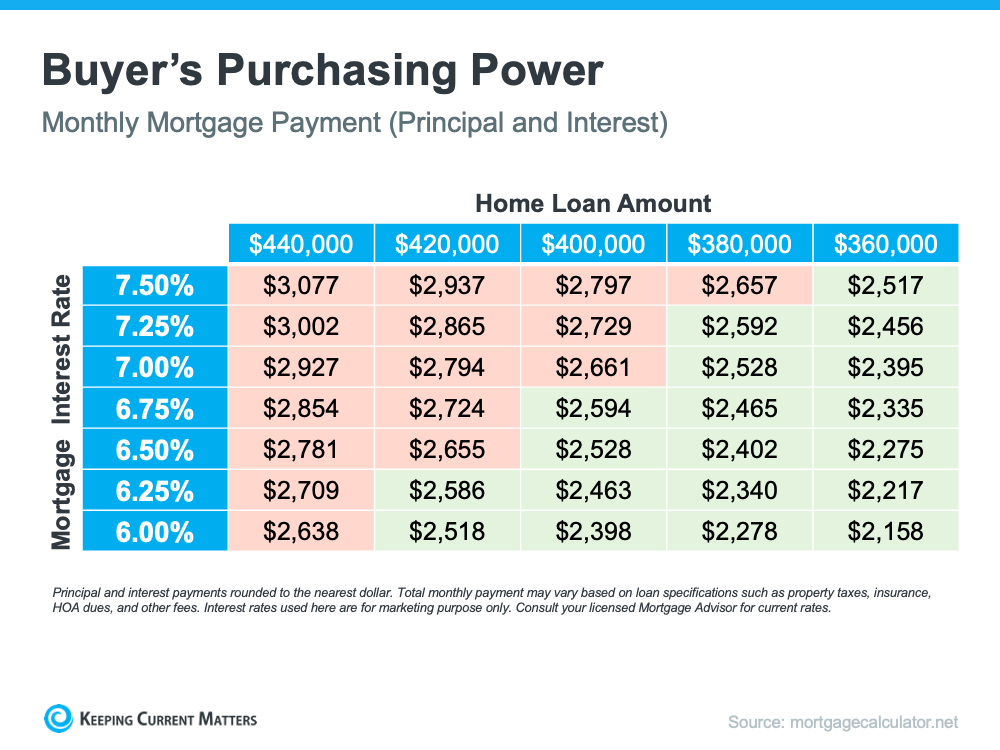By
Kristina Lotz
When I got back into riding five years ago, it had been eight years since I had really been around horses, much less sat on one. The eight-year break came after a bad riding accident when a horse that I was trying bucked me off. I spent six weeks in a wheelchair with a pelvis that was broken in three places. I needed two surgeries and six months of therapy before I could walk unaided. I was left with extreme fear. Overcoming that fear after the riding accident was something I never thought I could do. Instead, I sold everything that had to do with horses and wouldn’t talk about them.
I had grown up riding. I was the stereotypical no-fear, horse-crazy girl. And in a flash, that love had been taken over by heart-seizing fear. Just talking about horses would cause my heart to race and my breathing to get shallow. It was a fear that couldn’t really be reasoned with; it overpowered my body and made me want to run in the other direction.The Goal of Overcoming Fear after a Riding Accident
But deep down, I wanted to get back on again. Finally, my husband said I should try. My first step was to go to an expo, just to be around some horses. We watched a mounted archery demonstration, and it sparked a passion in me. I wanted to do that. For the first time in eight years, something was battling with fear. It gave me a goal—something to focus on.
For the next two years, I would slowly push my fear down, thanks to a dutiful older Norwegian Fjord mare. She not only helped me get over those essential first steps, but I learned mounted archery with her.
The first revelation that helped me was to set small goals. One was just to get on. Then, to walk around. Next, try and trot. I didn’t canter for at least a year.
The second thing I discovered was to listen to myself. If the voice inside me told me not to do something, I listened. I needed to take it slow, and if all of me wasn’t ready, then I didn’t do it.
Third, I needed a dream—something to stay focused on that made me want to ride so badly that I could fight the fear. And that’s where a Gypsy mare came in. Ever since I saw my first Gypsy horse when I was in high school, I was smitten. As a little girl who had dreamed of owning a Clydesdale, they seemed perfect.
In June 2018, I found her. She was not too far away and was named Merida, after the bow-wielding Disney princess from the movie Brave. Could it be more perfect? One look into her eyes the day I went to see her and I knew she had to be mine.
Go Bitless?
She and I bonded quickly, thanks in part to my use of positive reinforcement training. But I could tell she wasn’t happy in a bit. My trainer suggested bitless. So did a friend at archery. But that scared me, which was odd since I had grown up riding in hackamores.
I knew I didn’t have more control with a bit than I did bitless, but again, my fear used the excuse of the unknown to rear its ugly head. But I wanted my mare to be happy. So, I got a side-pull.
The fourth important revelation I had for conquering fear is to breathe. Music helps psychologically, but also you have to breathe to sing. I sang a lot that the first day as I swung my leg over my now bitless mare. She was so much happier! We have been bitless ever since, even for competitions.
This brings me to my fifth discovery. Competition. It gives you goals, something to focus on. It gets you out of your bubble with other horse people. I really found my confidence at shows.
Since 2018, Merida and I have competed at local open shows, breed shows, and International Mountain Trail Challenge Association (IMTCA) mountain trail events, all bitless. She was the 2019 and 2020 Ambassador Mare for the Gypsy Horse Registry of America and the 2020 Halter and Performance Mare Champion.
We’ve won high-point awards at the open shows, and a Reserve Champion Trail title at a breed show. She was the 2020 worldwide high-point winner for the IMTCA pony division. And we were the 2019 International Registry of Bitless Equestrians’ Horse and Handler of the Year. But her most important win was helping me gain my confidence.
Remnants of Fear After a Horseback Accident
I still get a little fearful now and then. Unknowns are what really drive my fear, I think because it was an unknown horse that bucked me off. Now I actually push myself to do unknowns. In March 2021, we competed in IMTCA mountain trail bridleless and came in 4th place. That was a huge deal for me, not because of the placing, but because I had the courage to take my girl bridleless outside of our own arena.
I am not sure the fear will ever leave me completely, but I’ve learned how to stop listening to it—to respond to it with: “I can do this. You are wrong. You don’t have power over me,” instead of letting it control me. If you are struggling with the same fears, just know you are not alone. You can do it. Just take it one step at a time at your own pace.
.png)
.png)
.png)

.png)
.png)
.png)